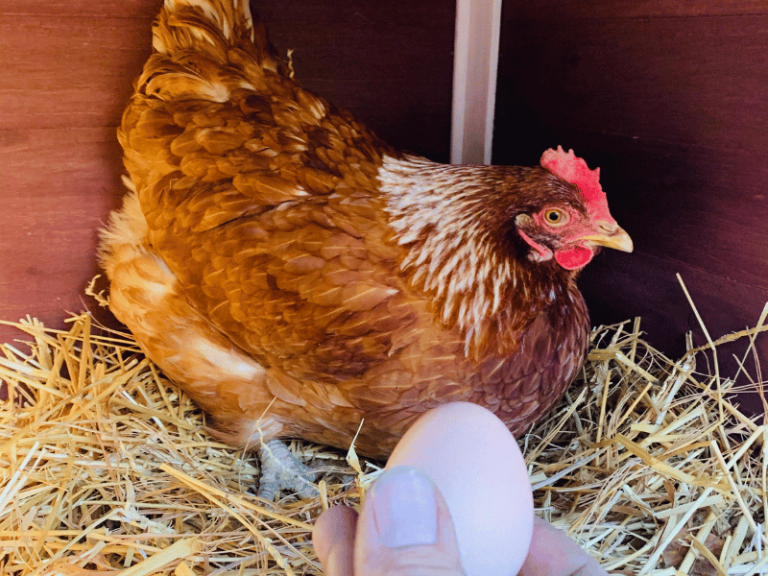Mencius, one of the four great disciples of Confucius, was known among ancient scholars for his keen interest in natural sciences. During his time, people would pose questions like “Which came first, the chicken or the egg?” to Mencius. Despite pondering over it repeatedly, he never provided a definitive answer. Even today, the understanding of this question remains elusive to many.
Of course, the egg is laid by the chicken, and the chicken hatches from the egg. Without chickens, where would the eggs come from? And without eggs, how could chickens hatch? Superficially, this question seems difficult to answer. However, every natural phenomenon has its inherent essence.
So, how should we understand the chicken and egg problem? Here, we should first affirm that it is a historical question of animal evolution.
Domestic chickens are actually variants of ancient wild chickens, which have been transformed through long periods of human domestication. This has been confirmed by zoologists long ago. Up to now, wild chickens still exist in mountainous regions of India, Myanmar, and Malaysia. Naturally, the eggs of these wild chickens can only hatch into wild chickens as usual, because these wild chickens have not been subjected to human breeding and management.
The difference between domestic chickens and wild chickens lies mainly in their meatiness, fat content, and egg production (wild chickens lay only about ten eggs per year, while some domestic breeds can lay up to 360 eggs per year). This, of course, is the result of artificial transformation of chickens’ living conditions through long-term labor. Therefore, current domestic chickens did not suddenly mutate from wild chickens; rather, they are the result of continuous evolution over a long period.
Since domestic chickens are formed through long-term evolution from wild chickens, we should first consider the problem of “variation”. According to Michurin’s view: biological variations should focus on the developmental stages of organisms. Therefore, the historical variation of chickens should primarily occur during the growth and development stages of young chickens, not during the egg stage.
Thus, the variation of domestic chickens should start from the first chicken raised by humans, rather than starting from the first wild chicken. In other words, it is from the first wild chicken hatched that, through human breeding, the path to variation into domestic chickens began, and not from the first wild chicken egg undergoing mutation beforehand, which would then hatch into domestic chickens. Therefore, it can be said that domestic chickens came first, and then domestic chicken eggs followed. Of course, the initial variation in the first generation of domestic chickens was very small and certainly not like today’s domestic chickens.
As for the origin of wild chickens, they naturally evolved from their predecessors. All birds, millions of years ago, evolved from bird eggs hatching into chicks over long periods. These ancestral birds evolved from reptile eggs even further back in time. Primitive reptiles, in turn, evolved from ancient fish eggs. However, it should not be overlooked that while the egg appears to be the beginning of animal life, it is not the origin of “new species” of animals. All living things in the world evolve through environmental variations and not through “self-design” to fit into the environment. That is, organisms are created first and then adapt to the environment.
Even in the inference itself, it must first have an original “mother cell” in organic realms and then differentiate into “daughter cells” or “seed cells”. In nature, there must be a “mother” first, and then “offspring”, and it is impossible for offspring to exist first and then give birth to a mother. Therefore, the view that the chicken came first aligns with the actual process of natural evolution.

